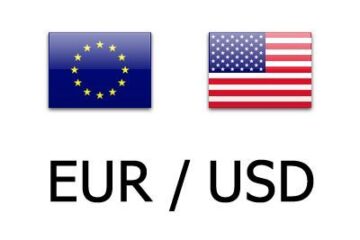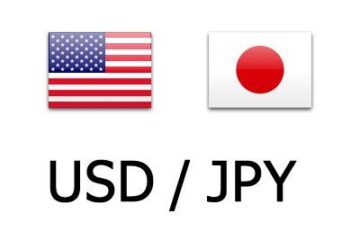Palantir Technologies shares moved higher in early Friday trading after a top Wall Street analyst revamped his price target on the group following its solid second- quarter earnings report and a key partnership to expand its flagship AI platform.
Palantir (PLTR) , which on Aug. 5 raised its annual profit forecast for the second time this year, is one of the few stocks on Wall Street that wasn’t hauled down by the broader market volatility triggered by leveraged currency trades earlier this week.
The data-analytics group published record quarterly profit of 6 cents a share for the three months ended in June, with sales rising 27% to $678 million. The report stemmed in part from surging demand for its AIP Logic platform, which tests and improves artificial-intelligence-related strategies.
A big boost in commercial-division sales, which surged 55%, also suggests Palantir is having success in expanding its overall business outside its legacy government client list.
Palantir, co-founded by the billionaire investor Peter Thiel in 2003, has added more than $28 billion in market value this year.
“The performance tells us that Palantir’s value proposition for AI and generative AI solutions continues to resonate with customers despite a crowded and opaque market landscape,” said Third Bridge analyst Jordan Berger.
Palantir – Microsoft partnership
“We’ve heard from experts that downsizing an initial deployment of Palantir’s Foundry platform could significantly broaden the company’s addressable market, and the introduction of AIP and the Bootcamp sales model appears to be successfully facilitating that transition,” he added.
The Denver data-analytics group also forecast full-year sales of around $2.75 billion, a modest boost from its prior forecast, with adjusted profit from operations in the region of $966 million to $974 million.
Related: Analyst resets Palantir stock price target ahead of Q2 earnings
That forecast, in fact, came just days before the group unveiled a new partnership with Microsoft (MSFT) that will see the Redmond, Wash., tech giant integrate Palantir’s products into Azure’s cloud services for government customers.
Palantir will also adopt Azure’s OpenAI, with the ability to deploy it in classified environments among its growing base of government and intelligence community clients.
“With this marquee deal solidified and Microsoft leveraging Palantir for AI and [large language model] capabilities to the US government, the company can now increase the pace of AI implementation while Palantir continues to accelerate AIP adoption within the federal sector,” said Wedbush analyst Dan Ives.
“We believe this will be a launching pad for the Palantir AIP story to hit the [Department of Defense] and broader Beltway ecosystem over the next 12 to 18 months,” he added.
Growing commercial business
Ives carries an outperform rating and a $38 price target on Palantir stock.
Citigroup analyst Tyler Radke, who lifted his Palantir price target by $2 to $30 a share, said government contracts were a key factor in its second-quarter earnings beat.
“Results show that Palantir’s approach, potentially helped by AIP, is able to tap into emerging AI pools of spend with record net additions of large eight-figure customers and a 15-point reacceleration in US Commercial that helped offset some softer international market performance,” Radke and his team wrote.
More AI Stocks:
Nvidia stock tumbles in tech slump amid questions over key chipMicrosoft exec warns of an ongoing problemApple earnings top forecasts, iPhone sales slip ahead of AI launch
“We are impressed by fiscal Q2 results but see forward returns capped with the highest valuation in software, with a [next 12 months] revenue multiple of 19 times and [enterprise value to free-cash flow] of about 60 times with continued government lumpiness,” he added.
Palantir shares were marked 1.95% higher in premarket trading to indicate an opening bell price of $29.85 each, a move that would extend the stock’s year-to-date gain to around 74%.
Related: Veteran fund manager sees world of pain coming for stocks


